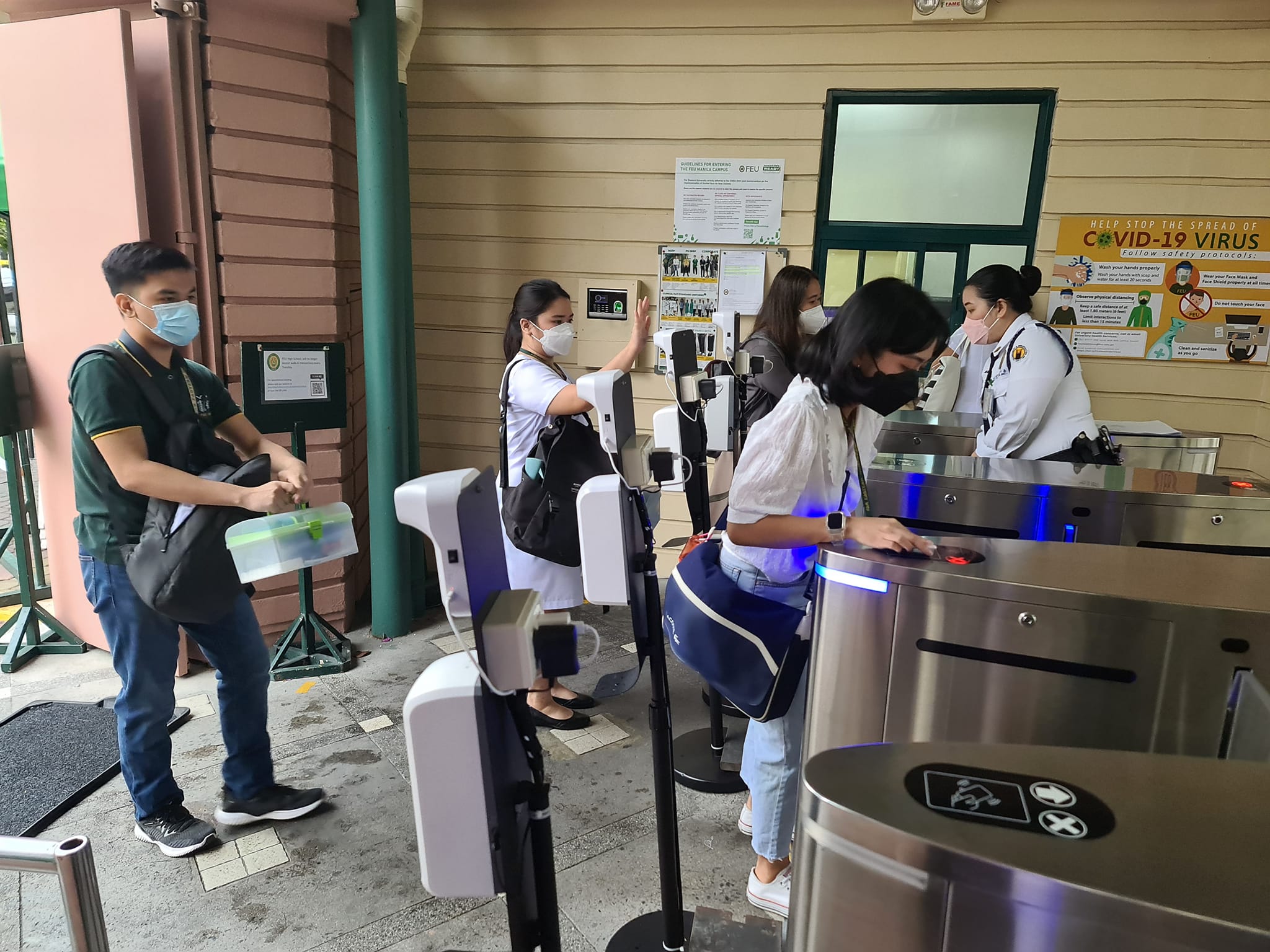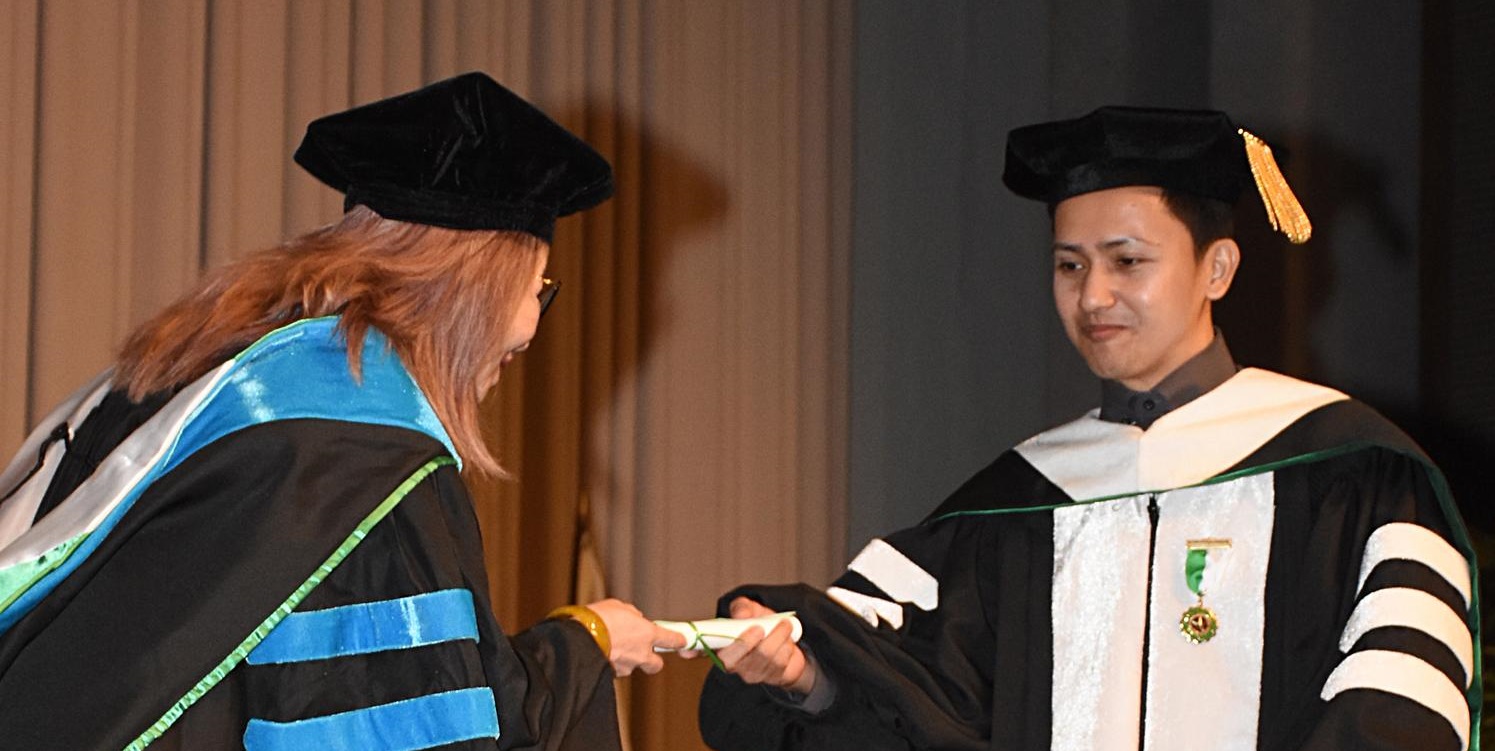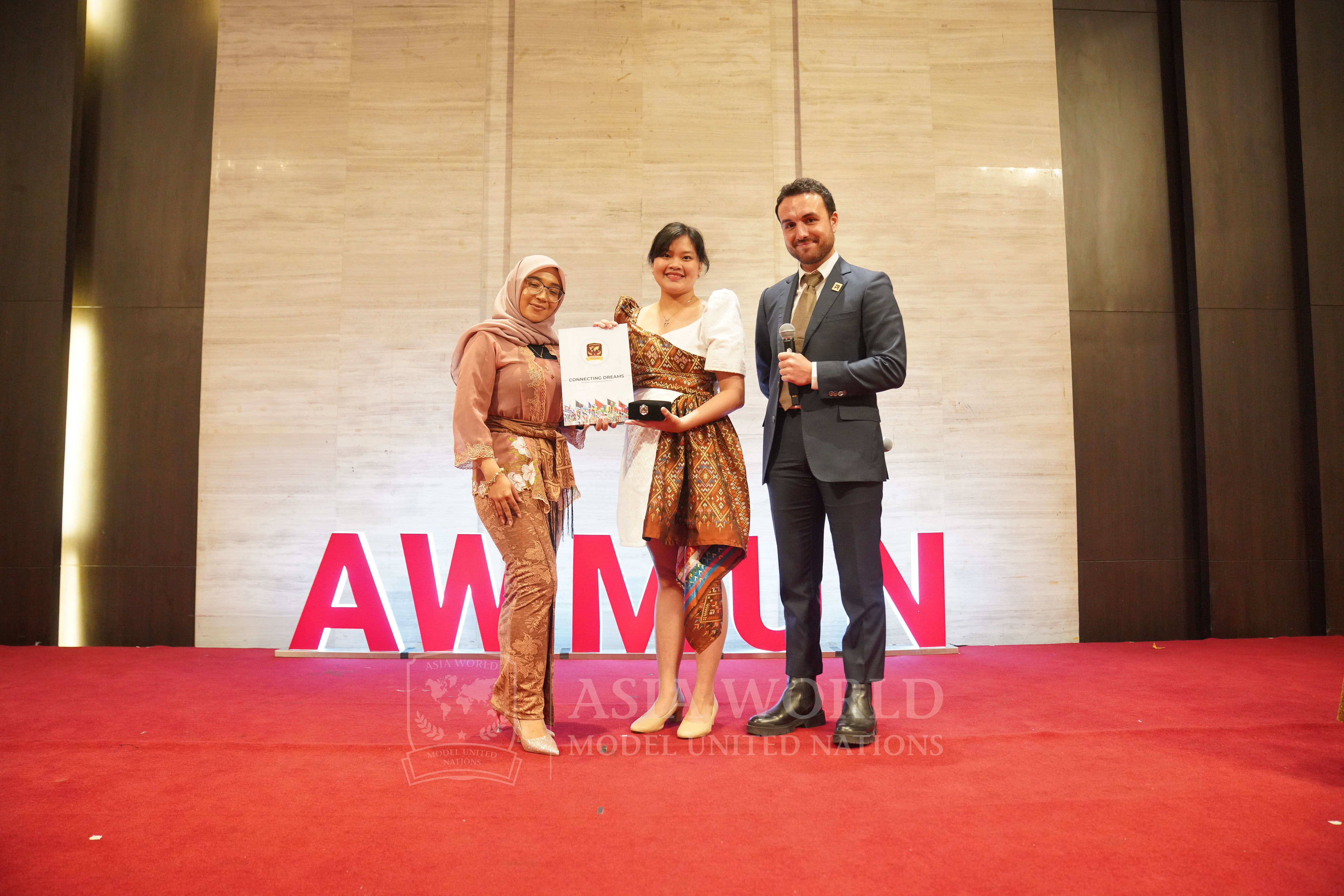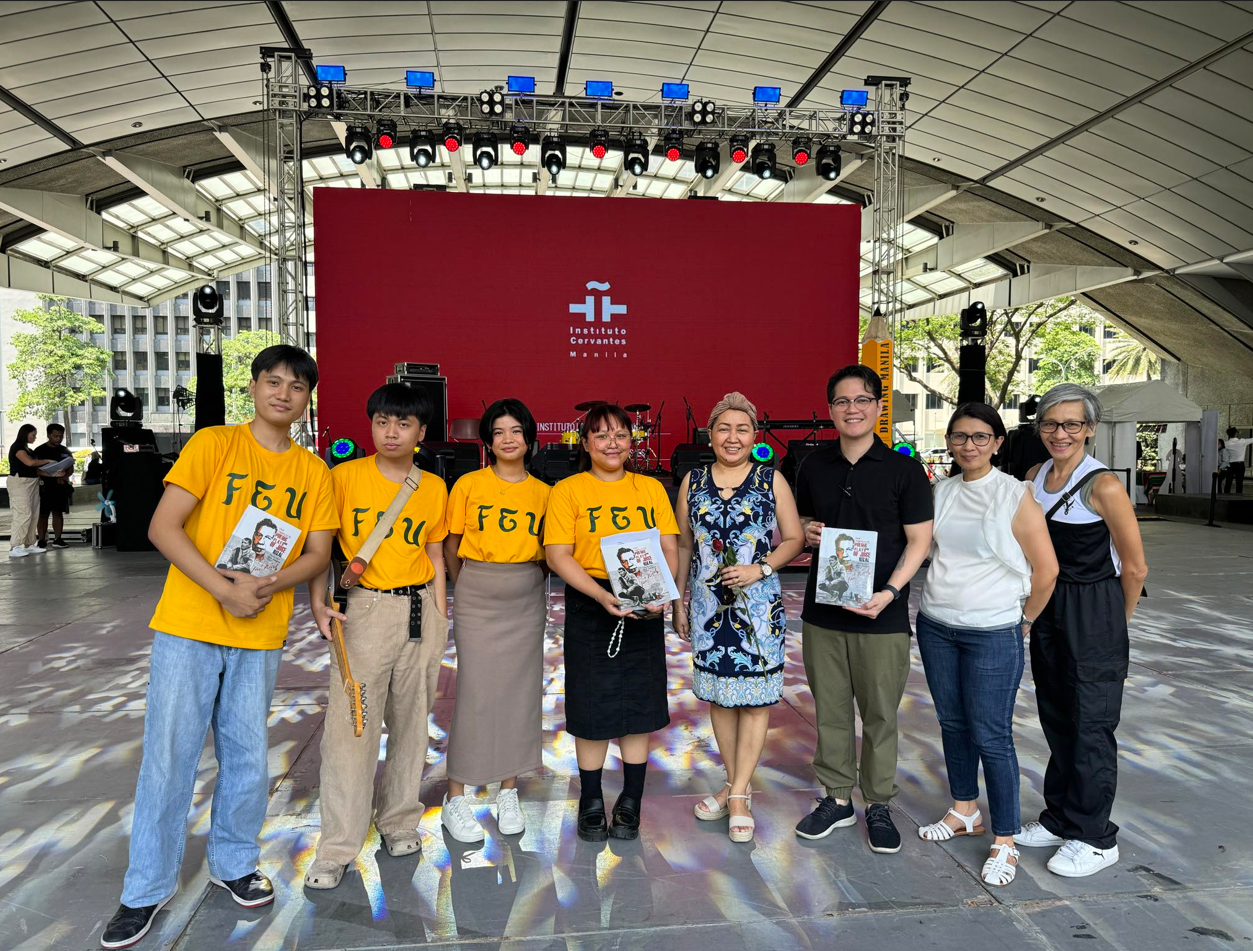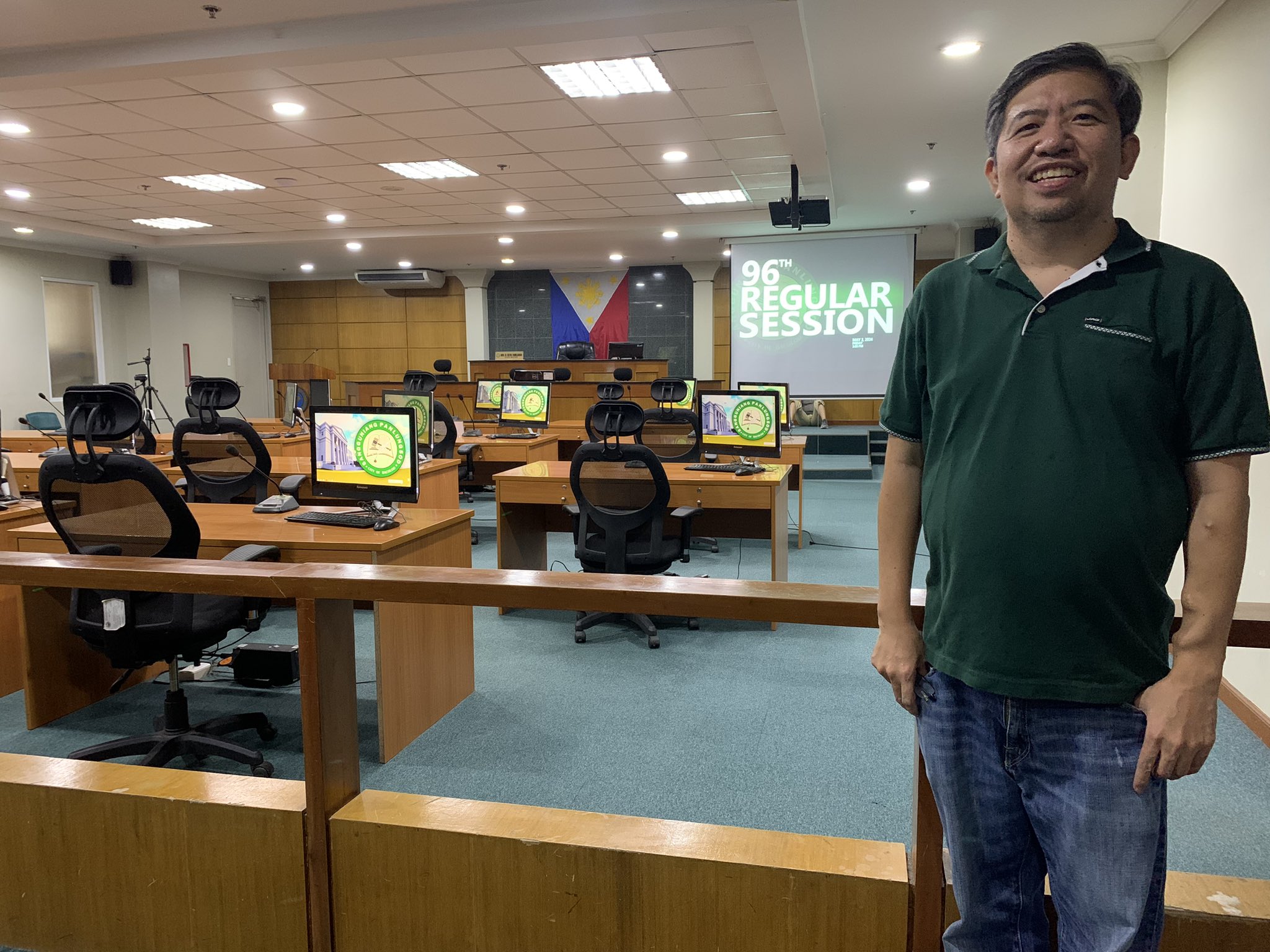by FEU President Dr. Michael M. Alba
The National Learning Crisis: Change the Game
This crisis is highlighted by the dismal performance of Filipino learners in international large-scale assessments (ILSAs). To recall: in the 2018 version of the Programme for International Student Assessment (PISA), Filipino 15-year-old students had the worst outcomes out of the 78 participating countries; in the 2019 edition of Trends in International Mathematics and Science Study (TIMSS), Filipino Grade 4 students came out last among the 64 countries; and in the 2019 Southeast Asia Primary Learning Metrics (SEA-PLM), Filipino Grade 5 students scored in the bottom half of the 6 ASEAN member countries that took part in the test.
Unfortunately, not many Filipinos seem to be concerned despite our Ilustrado legacy which holds the may pinag-aralan in high esteem, so much so that it’s every Filipino parent’s aspiration to have all children earn a college degree. Has this aspiration degenerated to credentialism – the view that education is simply about earning academic credentials rather than developing actual skills and work ethics?
While mindful that the ILSA results are merely the tips of the learning-crisis icebergs, I suggest the following initiatives to improve the learning outcomes of Filipino students to world standards:
- Analyze the ILSAs to understand their performance benchmarks and use them as the standard for final assessments in schools
- Align the school curriculums with the ILSAs in terms of content knowledge by grade levels
- Apply analytics on the data generated by the assessments to better understand the good and bad learning outcomes, and share best practices among schools, teachers, and parents
- Develop interventions on two principles: no student is left behind; no student is held back
- Recognize schools that demonstrate continuous improvement and assist schools that are unable to do so
Ultimately, though, a national all-hands-on-deck emergency response is warranted to address the myriad problems that beset basic education in the country.
The Russian Invasion of Ukraine: Teaching Moment for Peace Advocacy
The Russian invasion is an unprovoked, immoral, and terrible act of aggression against a sovereign state, one that violates the United Nations Charter and the Rome Statute. Russian troops have attacked densely populated areas, sexually assaulted Ukrainian women and deliberately killed civilians, including children. Death tolls continue to rise and thousands of civilians have been forcibly deported to Russia.
Five months into the Russian campaign, neither side seems likely to win any time soon. The danger is, if pushed too far, Putin may pull the trigger on his nuclear option.
In the meantime, Europe is scrambling to wean itself from its dependence on Russian gas and crude oil imports; air travel and air shipment costs are rising and flights are taking longer because of the no-fly-zone restriction over Russia; and with both Russia and Ukraine being major exporters of wheat, world food shortages loom, which is likely to set off the worst famine crisis in the world’s history.
The question for us in Asia are: Will the Russian invasion embolden China to similarly attack Taiwan? Will China become even more assertive in Asia to toughen up its sphere of influence? Will Japan strengthen its defensive capabilities and project more military power to counteract China (as the assassinated Shinzo Abe aspired)?
Schools should be using this dark phase as a teaching opportunity. I suggest the development of supercourses[1] on wars and conflicts, which can analyze the past, present, and emerging economic and political world orders, sources and resolutions of international conflicts, and possible paths to peace.
Piquing the minds of students through open dialogues on current events, such as the FEU Learning Journey, enables them to reflect on the long-term effects of dissonance among nations and the importance of preserving peace despite threats of power.
Climate Change: Time’s Up[2]
Climate science is an inherently difficult subject to study. But it is not an excuse to turn a blind eye on climate change especially now that we are almost at the cusp of causing irreversible damage to the environment.
According to climate scientists:
- Between 1900 and 2000, the Earth’s average surface temperature increased by 1.2°F. The warmest year on record was 2005, followed by 2010 and 1998.
- Unless greenhouse gas emissions are reduced, the average global temperature could rise by 4.5°F to 8°F by 2100.
- The annual mean geographic expanse of arctic sea ice has decreased by 15% to 20% since 1978, while the sea level has risen 4 inches over the past 60 years, with more than 1 inch between 2000 to 2010.
- Rising ocean temperatures and the melting of ice sheets will raise sea levels by 7 to 23 inches over the next hundred years.
- Rainfall will become less frequent but heavier, while floods and droughts will happen more often for longer periods of time.
Despite these alarming circumstances, people haven’t been paying much attention. Schools can take the lead to spur a change in mindset by offering supercourses on climate change and initiating climate-resilience projects.
Social Media in a Post-Truth Era: Disinformation vs. Democracy[1]
Cultural scholars claim that we now live in a post-truth world – a socio-political condition in which objective truths are no longer respected because emotional perspectives and beliefs are given more importance than rational or fact-based arguments.
The gatekeepers of information and truth arbiters of the past – mainstream media, mainstream political parties, and subject experts (e.g., scientists and intellectuals) – are no longer trusted; in political discourse, specifically, the standpoint of the tribe with which a person identifies is what matters above all, truth be damned.
Social media platforms have replaced traditional sources of information, and have had and continue to have destabilizing and polarizing effects on civic discourse. Driven by profit, tech companies that own the platforms want users to be engrossed in their apps, thus, the algorithms are designed to push content that evoke anger and fear. With this, democracy will take a back seat to autocracy.
While deception has always been part of strategic communication, two elements are distinctive in the post-truth era – first, the speed and reach of deceptive information and second, the deluge of information to which people are exposed, which saturates attention and undermines society’s ability to think critically. This present (dis)order may have started around 1980-2000. The globalized networked communication systems designed to support the regime of truth suffered from the complexity and instability of the global mass media. As the reach and flow of information from 24/7 news channels increased, news leaks escalated as they became harder to oversee. Citizen journalism, user-generated content, and interactivity flourished, making it difficult for traditional truth arbiters and gatekeepers to police the information being circulated.
The backlash then spanned the next two decades. Governments and financial institutions skewed information to their advantage, leaving conflicts and financial crises in their wake.
Disinformation and social media in the post-truth world are still relatively untapped topics, especially in developing countries. So, it is upon educators to pave the way in understanding and fighting this phenomenon. For if a majority of people persistently make choices that are premised on false narratives, we might find ourselves losing our hard-earned democracy.
________________________________________________________________________
References:
1 A new development in US higher education, a supercourse focuses on big, fascinating, important, intriguing questions and problems that spark intrinsic interest in students. It is multidisciplinary, problem-based, and collaborative in approach, and breaks down the big question into a series of smaller issues that heterogeneous groups of students are assigned to collectively work on from their different perspectives.
2 Kerry Emmanuel, What We Know About Climate Change, Second Edition (Cambridge, Massachusetts: MIT Press, 2012).
3 Gabriele Cosentino, Social Media and the Post-Truth World Order: The Global Dynamics of Disinformation (Cham, Switzerland: Palgrave, Macmillan, 2020).
FILED UNDER:
